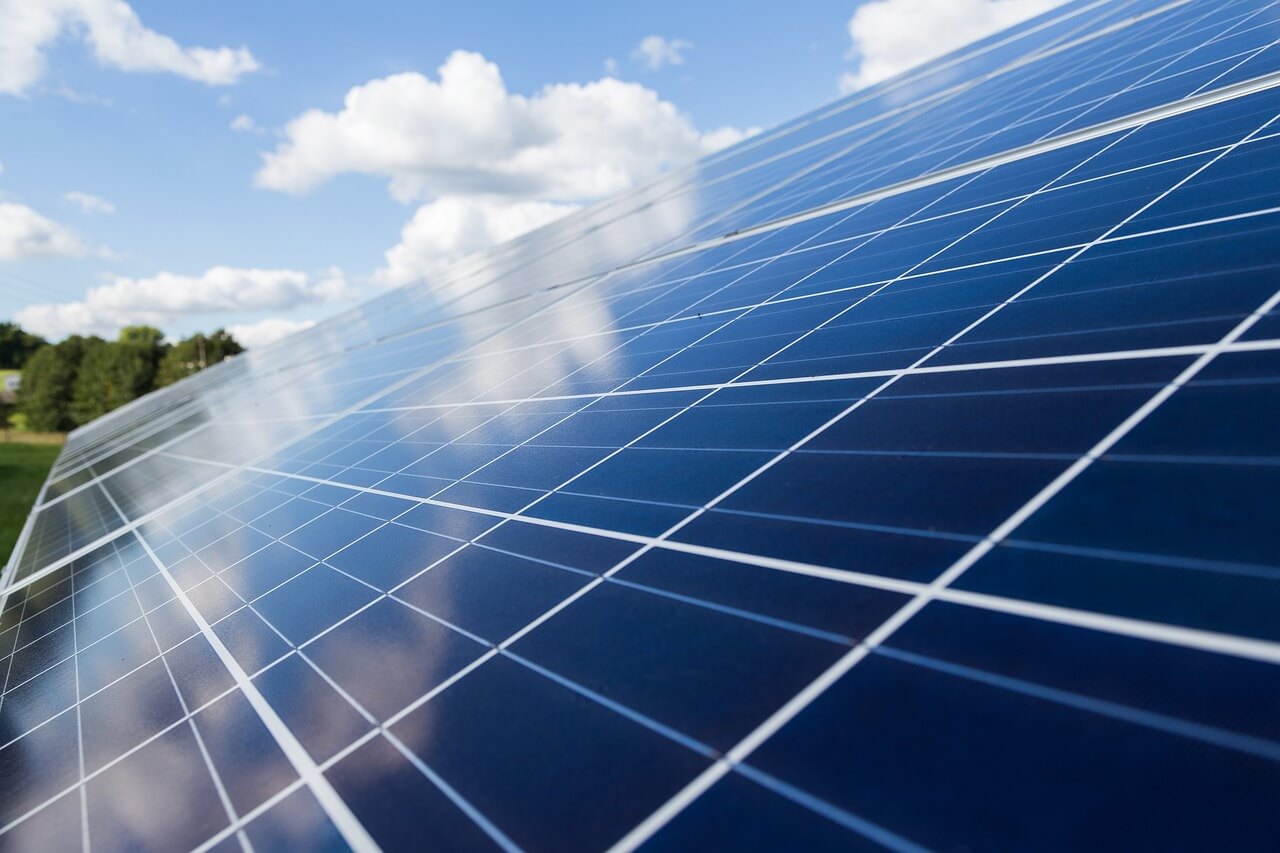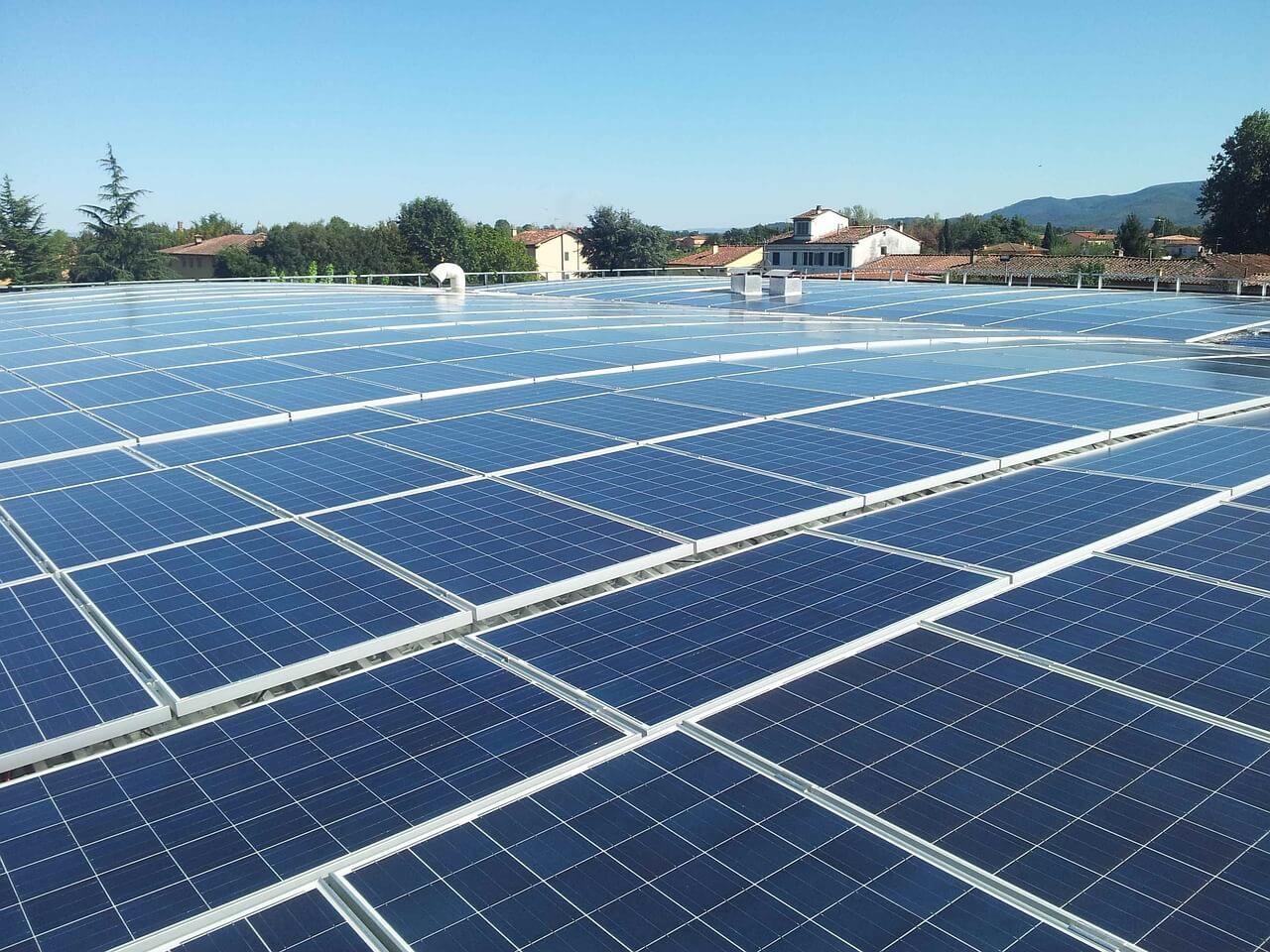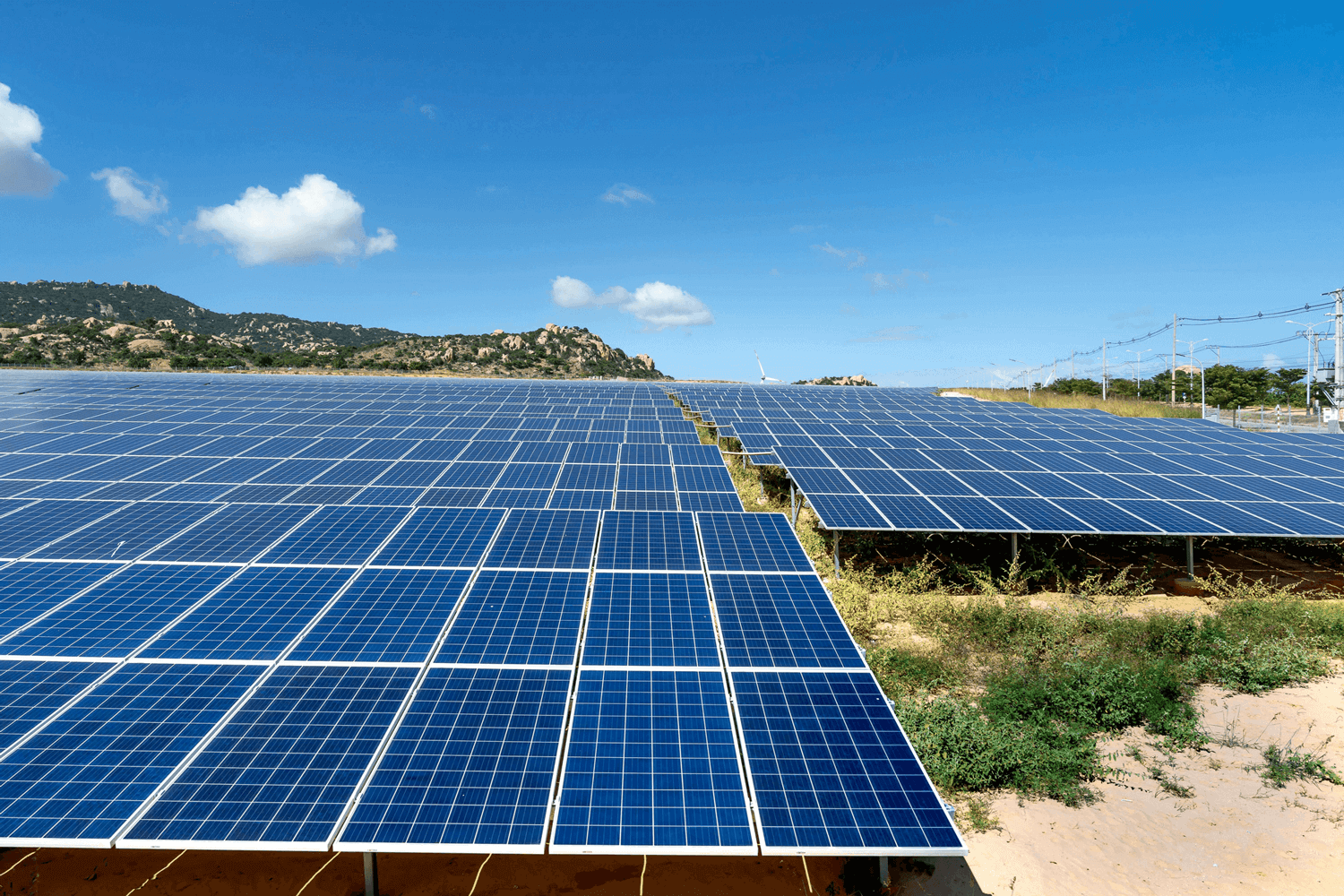SHANGHAI, Jan 5 (SMM) - On January 1, 2023, the US Inflation Reduction Act (IRA) officially came into effect. Back in August 2022, Biden signed the Act with focus on multiple areas such as clean energy and electric vehicles. Specifically, the US will invest about $370 billion in climate and clean energy-related areas, and provide tax credits of $7,500 for new electric vehicles and $4,000 for used electric vehicles targeting US consumers. This policy voices the strong protectionism in the United States.
A brief look into IRA
The Act modifies eligibility for the current US tax credit of $7,500 for buyers of new electric vehicles. Revised eligibility for tax credit is subject to three conditions:
(1) Final assembly of the car is performed in North America;
(2) A specific percentage of critical minerals for automobile batteries comes from partners with which US has a free trade agreement, or is recycled in North America; Definition of recycled in North American: recycled in North America, or extracted and processed in countries that have free trade agreements with the United States;
(3) A certain percentage of the battery's components are manufactured in North America.
Battery component. Battery component means a component of a battery that is manufactured or assembled from one or more components or constituent materials that are combined through industrial, chemical, and physical assembly steps. Battery components may include, but are not limited to, a cathode electrode, anode electrode, solid metal electrode, separator, liquid electrolyte, solid state electrolyte, battery cell, and battery module.
• Processing. Processing means the refining of substances or materials that have been extracted, including the treating, baking, and coating processes used to convert extracted substances and materials into constituent materials.
• Recycling. Recycling means the series of activities during which recyclable materials containing critical minerals are transformed into specification-grade commodities and consumed in lieu of virgin materials to create constituent materials; such activities result in new constituent materials contained in the battery from which the electric motor of a new clean vehicle draws electricity.
Constituent materials. Constituent materials means materials that contain critical minerals and are employed directly in the manufacturing of battery components. Constituent materials may include, but are not limited to, powders for cathode active materials, powders for anode active materials, foils, metals for solid electrodes, binders, electrolyte salts, and electrolyte additives, as required for a battery cell.
And it is required that the value of extracted and recycled core raw materials (nickel, cobalt, lithium, manganese, etc.) from countries having trade agreement with the US before 2024 shall be no less than 40% of the value of the whole vehicle.
While the United States has drawn up a blueprint and is ready to fulfil the potential, many economies in the world have also been affected, negatively in most cases.

Selected comments:
One day after the bill came into effect, EU High Representative for Foreign Affairs and Security Policy Josep Borrell criticised the United States, saying that "such actions (the United States passing IRA) punished European producers in our trade relations. Respecting WTO rules will harm the world economy."
The Chosun Ilbo of South Korea believes that the IRA not only fails to address the issue of excluding South Korean and European vehicles from electric vehicle subsidies, but is also trying to take away cutting-edge industry and job opportunities from around the globe.
Deutsche Welle also pointed out bluntly that a large number of European companies, including German OEMs, have become victims of the Inflation Reduction Act.
SMM analysis:
Europe - potential capital outflows
In 2022, Europe has faced an energy crisis caused by the Russian-Ukraine war, and the economic development in the Europe was seriously dragged on. At the same time, energy costs in Europe have risen sharply, eroding its advantages in terms of manufacturing. The introduction of IRA is tantamount to a "backstab" for old European allies. Citing a recent survey conducted by the German Chamber of Industry and Commerce, 39% of the surveyed companies expressed their desire to increase investment in the United States. The introduction of the subsidy policy in the US will attract European capital to flow into the country, which is not conducive to revitalising the European economy.
Japan and South Korea - marginalised by losing the position of the transfer hub
Japan and South Korea are the transfer hub between China and Europe and China and the US, that is, they will process raw materials from China for export to Europe and the US. After the IRA takes effect, the industrial chain established by Japan and South Korea and in service for so many years will be marginalised, and the South Korean auto industry chain may be relocated, which will also be accompanied by the outflow of capital and know-how.
China - both a challenge and an opportunity
China's new energy industry chain has an absolute advantage. At present, most of the minerals, components and batteries of US OEMS come from China. Affected by this Act, the demand for Chinese lithium batteries may contract. However, it is unlikely that the US could quickly supersede the complete and sophisticated infrastructure and industrial chain that China has spent 7-10 years to establish. At the same time, large OEMs like those in South Korea and Japan also rely heavily on China's power batteries. Therefore, the IRA will not have a significant impact on China in the short term due to its solid positioning in the industry, while China will certainly deepen its cooperation with European countries in the long run.
US - eyes on the future
Citing data from Credit Suisse Group, the IRA could bring about $1.7 trillion in new investment to the US over 10 years through tax dollars. Energy Innovation predicts that the IRA will boost US gross domestic product (GDP) by nearly 1 percentage point through 2030. The Blue-Green Alliance, a coalition of U.S. labor unions and environmental groups, predicts that the IRA will add 9 million jobs in the US over the next 10 years.
For the United States, the inflation act cannot solve inflation directly, but the construction of its own industrial chain will help the development of new energy in the country. Although it starts late, it will benefit the future. However, its unilateral trade protection policy has impeded the road of globalisation to a certain extent, and has so far been resisted by many countries.



